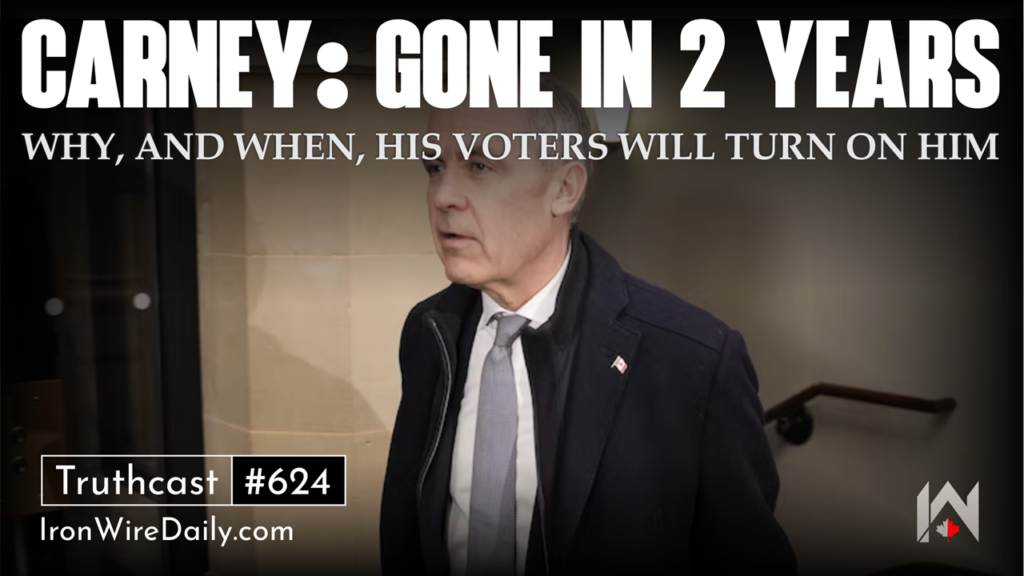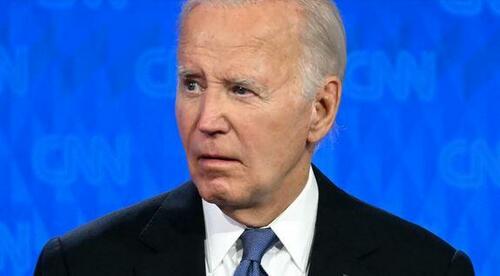De minimis changes: ‘I freaked out and spent $400 online’

‘I freaked out and spent $400 online – it felt like a last hurrah’

 Deborah Grushkin
Deborah Grushkin
Earlier this year, Deborah Grushkin, an enthusiastic online shopper from New Jersey, “freaked out”.
US President Donald Trump had signed an order to stop allowing packages from China worth less than $800 (£601) to enter the country free of import taxes and customs procedures.
It was a move, backed by traditional retailers, that had been discussed in Washington for years amid an explosion of packages slipping into the US under the limit.
Many countries, including the UK, are considering similar measures, spurred in part by the rapid ascent of Shein and Temu.
But in the US, Trump’s decision to end the carve-out while ordering a blitz of new trade tariffs, including import taxes of at least 145% on goods from China, has delivered a one-two punch that has left businesses and shoppers reeling.
US-based e-commerce brands, which were set up around the system, are warning the changes could spark failures of smaller firms, while shoppers like Deborah brace for price hikes and shortages.
With the 2 May deadline bearing down, the 36-year-old last month rushed in some $400 worth of items from Shein – including stickers, T-shirts, sweatshirts, Mother’s Days gifts and 20 tubes of liquid eyeliner.
“I felt like maybe it was my last sort of hurrah,” she says.
Use of rules known as “de minimis”, which allow low-value packages to avoid tariffs, customs inspections and other regulatory requirements, has surged over the last decade.
Take-up accelerated during Trump’s first term in office, when he raised tariffs on many Chinese goods.
By 2023, such shipments represented more than 7% of consumer imports, up from less than 0.01% a decade earlier. Last year, nearly 1.4 billion packages entered the country using the exemption – more than 3.7 million a day.
Advocates of the carve-out, which include shipping firms, say the system has streamlined trade, leading to lower prices and more options for customers.
Those in favour of change, a group that includes lawmakers from both parties, say businesses are abusing rules intended to ease gifts between family and friends, and the rise has made it easier to slip products that are illegal, counterfeit or violate safety standards and other rules into the country.
Trump recently called de minimis a “scam”, brushing off concerns about higher costs. “Maybe the children will have two dolls instead of 30 dolls,” he said.
However, polls suggest concerns about his economic policies are rising as the changes start to hit home.

 Krystal DuFrene
Krystal DuFrene
Krystal DuFrene, a retired 57-year-old from Mississippi who relies on disability payments for her income, says she has nervously been checking prices on Temu for weeks, recently cancelling an order for curtains after seeing the price more than triple.
Though she eventually found the same item for the original price in the platform’s US warehouse network, she says the cost of her husband’s fishing nets had more than doubled.
“I don’t know who pays the tariff except the customer,” she says. “Everywhere is selling cheap stuff from China so I actually prefer being able to order directly.”
When the rules around de minimis changed last week, Temu said it would stop selling goods imported from China in the US directly to customers from its platform, and that all sales would now be handled by “locally based sellers”, with orders fulfilled from within the US.
‘End of an era’
Even without the latest tariffs, economists Pablo Fajgelbaum and Amit Khandelwal had estimated that ending de minimis would lead to at least $10.9bn in new costs, which they found would be disproportionately borne by lower income and minority households.
“It does kind of feel like the end of an era,” says Gee Davis, a 40-year-old author from Missouri, who used Temu during a recent house move to buy small items such as an electric can opener and kitchen cabinet organisers.

 Gee Davis
Gee Davis
She says it was a relief to be able to easily afford the extras and the new rules felt like a “money grab” by the government to benefit big, entrenched American retailers like Amazon and Walmart that sell similar products – but at a bigger mark-up.
“I don’t think it’s right or fair that little treats should be [restricted] to people who are richer.
“It just would be a real bummer if everyone who was under a certain household income threshold was just no longer able to afford anything for themselves.”
As with other Trump policy changes, questions remain about the significance of the shift.
The president was already forced to suspend the policy once before, as packages began piling up at the border.
Lori Wallach, director at Rethink Trade, which supports ending de minimis for consumer safety reasons, says the end of the exemption is significant “on paper”, but she fears the administration is taking steps that will weaken its implementation.
She points to a recent customs notice, which said products affected by many of the new tariffs could enter the country through the informal process, a move that eases some regulatory requirements.
“Practically, because all of this stuff can come though informal entry, it’s going to be extremely hard to collect tariffs or to be able to inspect really very much more than before the change happened,” she says.
‘An insurmountable shift’
Customs and Border Protection deny the move will undermine enforcement, noting that firms are still required to supply more information than before.
Businesses have indicated they are taking the changes seriously.

 Washington Post/Getty Images
Washington Post/Getty Images
Both Shein and Temu last month warned customers that prices would rise, while Temu says it is rapidly expanding its network of US-based sellers and warehouses to protect its low prices.
Other business groups say many smaller, less high-profile American brands that manufacture abroad for US customers are struggling – and may not survive.
“If the tariffs weren’t in place, it would be like taking a little bit of bitter medicine,” says Alex Beller, board member of the Ecommerce Innovation Alliance, a business lobby group and a co-founder of Postscript, which works with thousands of smaller businesses on text messaging marketing.
“But paired with the other tariffs, especially for brands that manufacture in China, it just becomes an insurmountable shift.”
In a letter to the government last month, men’s clothing company Indochino, known for its custom suits made-to-order in China, warned that ending de minimis posed a “significant threat to the viability” of its business and other mid-size American firms like it.
Steven Borelli is the chief executive of the athleisure clothing firm CUTS, which manufactures outside the US, shipping products to a warehouse in Mexico, from where packages are mailed to customers in the US.
His firm has been pushing to reduce its reliance on China, halting orders in the country months ago. Still, he says he is now considering price increases and job cuts.
He says his business has room to manoeuvre, since it caters to higher income customers, but he expects “thousands” of other brands to die without changes to the situation.
“We want more time,” he says. “The speed at which everything is happening is too fast for businesses to adjust.”














